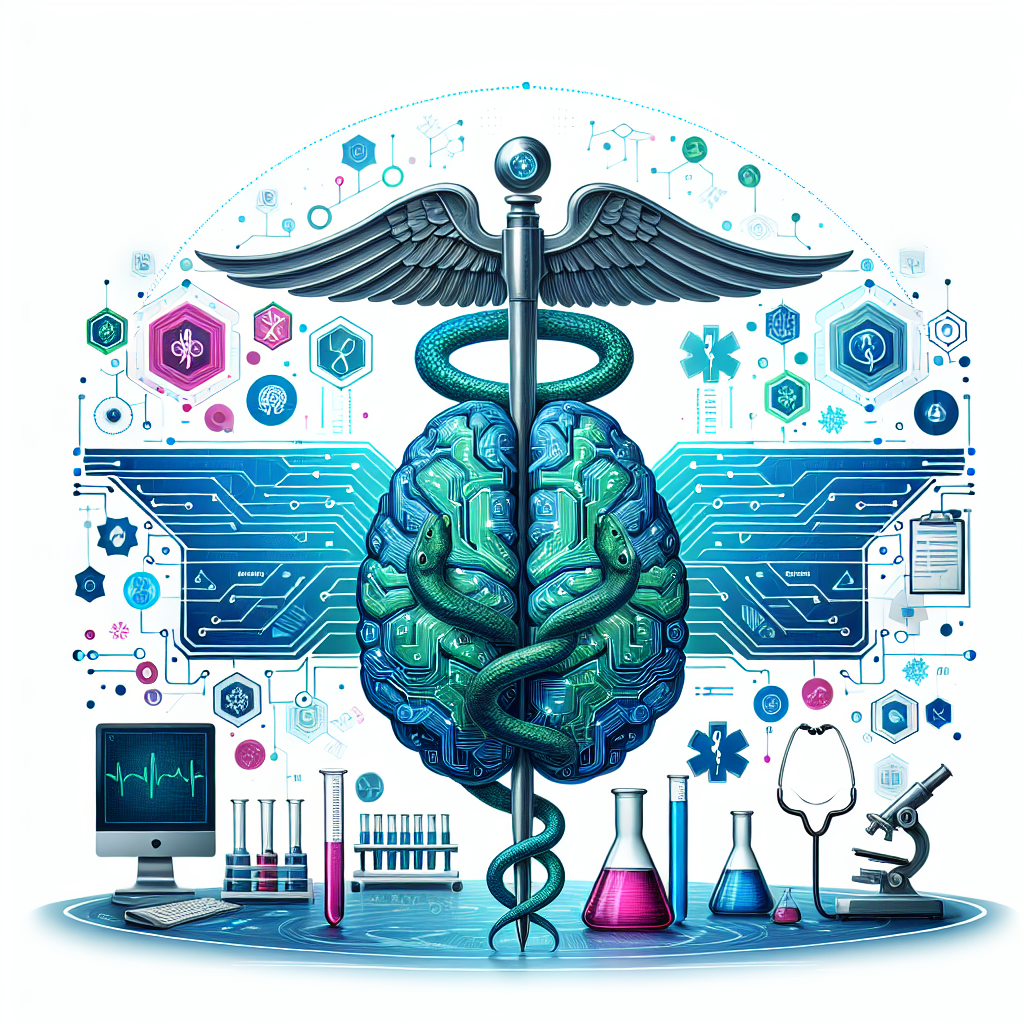The Role of AI Platforms in Personalized Medicine
Personalized medicine, also known as precision medicine, is a revolutionary approach to healthcare that tailors medical treatment to the individual characteristics of each patient. This approach takes into account factors such as genetics, lifestyle, and environmental influences to create personalized treatment plans that are more effective and efficient than traditional one-size-fits-all approaches.
Artificial intelligence (AI) platforms are playing a crucial role in advancing personalized medicine by analyzing large amounts of data to identify patterns, trends, and insights that can help healthcare providers make more informed decisions. AI platforms have the ability to process and analyze huge amounts of data at a speed and scale that far surpasses human capabilities, making them invaluable tools in the field of personalized medicine.
One of the key ways in which AI platforms are being used in personalized medicine is in the field of genomics. Genomics is the study of an individual’s genetic makeup and how it influences their health. By analyzing a patient’s genetic information, AI platforms can help healthcare providers identify genetic markers that may indicate a higher risk for certain diseases or conditions. This information can then be used to develop personalized treatment plans that are tailored to the individual’s genetic profile.
AI platforms are also being used to analyze other types of data, such as electronic health records, medical imaging, and wearable device data, to provide insights into a patient’s health and help guide treatment decisions. For example, AI platforms can analyze medical imaging data to identify patterns or abnormalities that may not be visible to the human eye, allowing for earlier detection and more accurate diagnosis of diseases such as cancer.
In addition to analyzing data, AI platforms can also help healthcare providers make more personalized treatment recommendations by incorporating machine learning algorithms that can predict how a patient is likely to respond to a particular treatment based on their individual characteristics. This can help healthcare providers make more informed decisions about which treatments are likely to be most effective for a particular patient, reducing the risk of adverse reactions and improving overall outcomes.
Overall, AI platforms are revolutionizing personalized medicine by providing healthcare providers with the tools they need to analyze vast amounts of data and develop more personalized treatment plans for their patients. By harnessing the power of AI, healthcare providers can deliver more effective and efficient care that is tailored to each individual’s unique needs and characteristics.
FAQs
Q: How do AI platforms analyze genetic data in personalized medicine?
A: AI platforms analyze genetic data by identifying patterns and trends in the data that may indicate a higher risk for certain diseases or conditions. By comparing a patient’s genetic information to a database of known genetic markers, AI platforms can help healthcare providers identify genetic variants that may be associated with an increased risk for certain diseases.
Q: How are AI platforms used in medical imaging in personalized medicine?
A: AI platforms are used in medical imaging to analyze images from scans such as X-rays, MRIs, and CT scans to identify patterns or abnormalities that may indicate a disease or condition. By analyzing medical imaging data, AI platforms can help healthcare providers make more accurate diagnoses and develop personalized treatment plans for their patients.
Q: How can AI platforms help healthcare providers make personalized treatment recommendations?
A: AI platforms can help healthcare providers make personalized treatment recommendations by analyzing data from a variety of sources, such as genetic information, electronic health records, and wearable device data. By incorporating machine learning algorithms, AI platforms can predict how a patient is likely to respond to a particular treatment based on their individual characteristics, helping healthcare providers make more informed decisions about which treatments are likely to be most effective for a particular patient.

